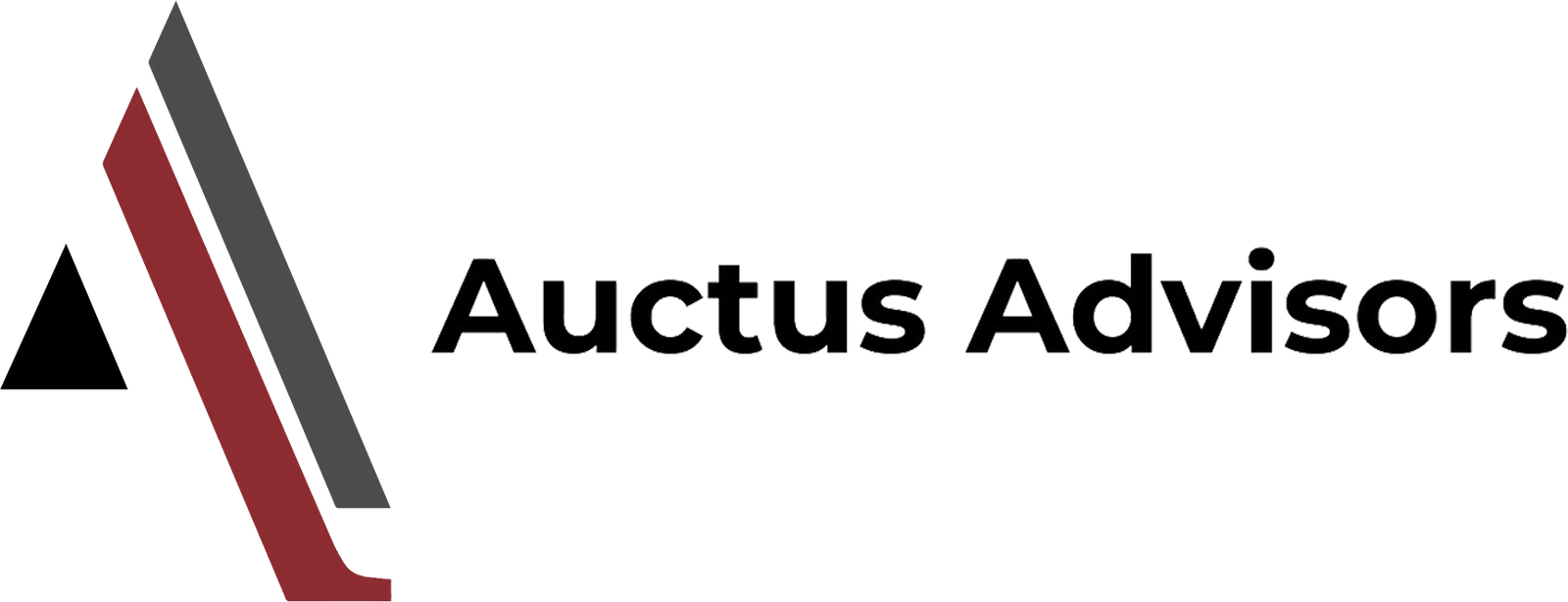Selling products online has emerged as a powerful avenue for businesses looking to expand their reach, particularly for Pakistani entrepreneurs eyeing the lucrative UAE market. With a tech-savvy population and increasing reliance on e-commerce, the UAE provides an ideal environment for online selling. In this article, we will explore how to effectively sell products online in the UAE, including essential steps, the benefits of selling online, and insights into obtaining an online selling license.
Understanding the Market
Before diving into the mechanics of selling products online, it’s crucial to understand the local market dynamics. The UAE is home to a diverse population, consisting of both locals and expatriates, including a significant number of Pakistanis. This diversity presents unique opportunities to cater to varying tastes and preferences.
Research Your Audience
Conduct thorough market research to identify what products are in demand. Tools like Google Trends and social media platforms can help gauge consumer interests. Additionally, checking popular marketplaces like Amazon and Noon can provide insights into trending products that resonate with the UAE audience.
Setting Up Your Online Store
Once you’ve identified your target audience and product offerings, the next step is to set up your online store. This involves several key considerations:
Choosing the Right Platform
You can opt for established online marketplaces like Amazon.ae, Noon.com, or even local options that cater specifically to the UAE market. Alternatively, creating your own e-commerce website using platforms like Shopify or WooCommerce gives you more control over branding and customer experience.
Designing Your Store
Make sure your online store is user-friendly and visually appealing. High-quality images and detailed product descriptions are essential for attracting customers. Simplify navigation to help potential buyers easily find what they’re looking for. A well-optimized website enhances user experience and can improve search engine rankings.
Obtaining an Online Selling License
To legally operate an online business in the UAE, obtaining an online selling license is essential. Here’s a step-by-step guide:
Step 1: Choose Your Business Structure
Decide on the type of business entity you want to establish—be it a sole proprietorship, partnership, or Limited Liability Company (LLC). Many entrepreneurs prefer LLCs for the limited liability protection they offer.
Step 2: Define Your Business Activities
Clearly outline the online selling activities you will engage in, such as retail or wholesale, to help you select the appropriate licensing authority.
Step 3: Select the Licensing Authority
Different emirates have different licensing authorities. For instance, in Dubai, you would go through the Department of Economic Development (DED). If you’re considering operating in a free zone, check the specific regulations that apply.
Step 4: Register Your Business Name
Choose and register a unique business name that aligns with your brand and complies with local regulations. Ensure it is memorable and easy to spell.
Step 5: Prepare Required Documents
Gather necessary documentation, including:
- A copy of your passport
- Proof of residency
- A detailed business plan
- Passport-sized photos
Step 6: Apply for Your License
Submit your application for an online selling license after completing the previous steps. Be prepared for possible additional approvals depending on your business activities.
Step 7: Pay Licensing Fees
Licensing fees vary based on your chosen business structure and type of license. Make sure to budget for these costs.
Benefits of Selling Online in the UAE
Selling products online offers several compelling advantages that can significantly enhance your business prospects:
1. Access to a Growing Market
The UAE’s e-commerce market is booming, with many consumers preferring online shopping for convenience. By selling online, you can tap into this expanding market and reach a broader audience.
2. Low Overheads
Running an online store usually incurs lower overhead costs compared to maintaining a physical retail space. This enables you to invest more in marketing and product development.
3. Flexibility and Convenience
Online selling allows you to manage your business from anywhere at any time. This flexibility is especially beneficial in the UAE, where many consumers shop outside traditional business hours.
4. Diverse Payment Options
The UAE offers a variety of secure payment options, including credit/debit cards, PayPal, and local payment gateways like Telr and Payfort. Offering multiple payment methods enhances customer convenience and can lead to increased sales.
5. Marketing Opportunities
The digital landscape provides various marketing opportunities. Utilize social media platforms like Instagram and Facebook to engage with potential customers and promote your products effectively.
Strategies for Successful Online Selling
To excel in selling products online in the UAE, consider implementing these strategies:
1. Optimize for Mobile
Many consumers in the UAE shop using smartphones. Ensure that your online store is mobile-friendly to provide a seamless experience across all devices.
2. Leverage Social Media
Utilize social media to market your products. Create engaging content, run targeted ads, and interact with your audience to build brand loyalty and increase sales.
3. Focus on Customer Service
Providing excellent customer service can set you apart from competitors. Respond promptly to inquiries, offer hassle-free returns, and seek feedback to enhance your offerings.
4. Monitor Trends and Adapt
Stay informed about market trends and consumer preferences. Regularly assess your product offerings and marketing strategies to adapt to changing demands.
Common Challenges and Solutions for Selling Products Online in the UAE
While selling products online in the UAE offers numerous opportunities, it also comes with its own set of challenges. Here are some common hurdles you might face and practical solutions to overcome them:
1. Understanding Local Regulations
Challenge: The UAE has specific regulations regarding e-commerce, and navigating them can be complex, especially for foreign entrepreneurs.
Solution: Stay informed about local laws and regulations by consulting local business advisors or legal experts. Join local business groups or online forums to gain insights from experienced entrepreneurs who have successfully navigated the process.
2. High Competition
Challenge: The online marketplace in the UAE is highly competitive, with many players vying for the same customer base.
Solution: Differentiate your offerings by focusing on niche markets or unique products that cater to specific consumer needs. Invest in branding and storytelling to create a memorable identity for your business. Use data analytics to understand consumer behavior and tailor your marketing strategies accordingly.
3. Logistics and Shipping
Challenge: Efficient logistics and shipping can be a major concern, particularly when dealing with cross-border transactions.
Solution: Partner with reliable logistics companies that have a strong presence in the UAE. Consider using local fulfillment centers to streamline your shipping process. Offering multiple shipping options, including express delivery, can enhance customer satisfaction.
4. Payment Processing
Challenge: Ensuring secure and diverse payment options can be tricky, especially with varying customer preferences.
Solution: Integrate multiple payment gateways that cater to local preferences, including credit/debit cards, digital wallets, and cash-on-delivery options. Regularly review transaction security protocols to protect against fraud and build customer trust.
5. Building Trust with Customers
Challenge: Establishing credibility can be challenging for new online businesses, especially in a market where customers are cautious about whom they buy from.
Solution: Invest in customer service excellence by providing prompt responses and support. Display customer reviews and testimonials prominently on your website to build trust. Consider offering money-back guarantees or easy return policies to reassure potential buyers.
6. Marketing Effectively
Challenge: Competing for visibility in a crowded online space can be difficult.
Solution: Develop a multi-channel marketing strategy that includes social media marketing, search engine optimization (SEO), and email marketing. Collaborate with local influencers to expand your reach and build brand awareness. Regularly analyze marketing performance to optimize campaigns for better results.







